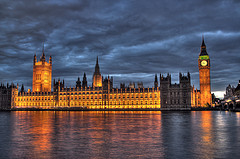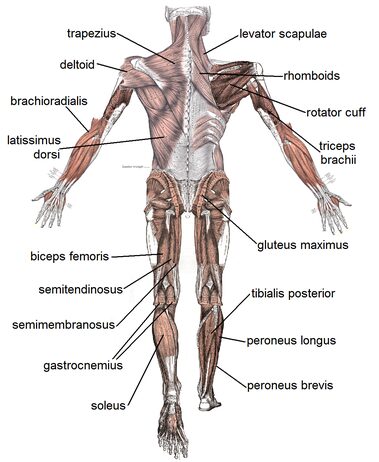
- Image by ** Maurice ** via Flickr
In 1938 Winston Churchill made a radio speech which was broadcast to America, describing what was happening as Nazi forces spread across Europe.
“The stations of uncensored expression are closing down; the lights are going out; but there is still time for those to whom freedom and parliamentary government mean something, to consult together.”
Perhaps if he’d been around today and au fait with the Internet he might have used the same phrase to describe what is going on in legislatures across Europe.
Tonight the UK Labour governement, together with the Conservative arty, forced through the controversial Digital Economy Bill. The Bill now gets a ‘third reading’ in the House of Lords, which means it is almost certain to become law. The government did a deal with the Conservative leadership, which got a number of provisions it didn’t like removed. In other words, it was, to use an old British phrase, a “stitch up.” [Update 9 April: The Digital Economy Bill has received Royal Assent and is now law].
The law means that ISPs will have to send letters to their subscribers who have been linked to copyright infringements and, after these warnings, suspend their accounts. Copyright holders will be able to apply for a court order to gain access to the names and addresses of serious infringers and take legal action. There are one or two sops – some restrictions won’t come into force for a year and the next Parliament will be able to study the most contentious aspects of the bill. These are largely meaningless as everything can change. Remember, there is a now a general election on and who knows what the next government will look like.
Despite opposition from the Liberal Democrats and a handful of Labour MPs, notably long time Internet savvy MP Tom Watson, the government won two crucial votes allowing it to control the content of the bill and its further progress.
It won by 189 votes to 47. These numbers give a false impression of the amount of debate this crucial Bill got. Barely 20 MPs actually debated the Bill, the rest just filled in to vote, told by their ‘whips’ which direction in which to trudge through the voting halls.
The government did remove the controversial Clause 18, which would have given it unprecedented powers to shut down web sites which it might deem to give access to copyrighted material. However, this was replaced it with an amendment to Clause 8 which lets the Secretary of State for business order a block on “a location on the internet which the court is satisfied has been, is being or is likely to be used for or in connection with an activity that infringes copyright”. So, in other words, more or less the same thing as the old Clause 18, just via a judge.
Yes, that means the UK government could decide to block Wikileaks, which carries copyrighted work.
As one MP pointed out, the words “likely to be used” might infer that a site could be blocked if it looked like it might intend to infringe copyright, rather than actually doing so. Ominous huh.
The effect on startups
So, in other words if you were planning on creating a new startup to offer web locker services like Dropbox, you might not want to do that in the UK. That this should happen in what is normally considered to be a sophisticated economy beggars belief.
The law will of course have many “unintended consequences”, as Watson put it in his speech against the bill.
Related articles by Zemanta
- MPs pass Digital Economy Bill (telegraph.co.uk)
- Digital Economy Bill: ‘a bad day for democracy’ (telegraph.co.uk)
- Digital Economy Bill – Goodbye to UK On-Line Privacy (lockergnome.com)









![Reblog this post [with Zemanta]](http://img.zemanta.com/reblog_b.png?x-id=919ca195-6405-4681-b648-8bdd4f7dd3da)
